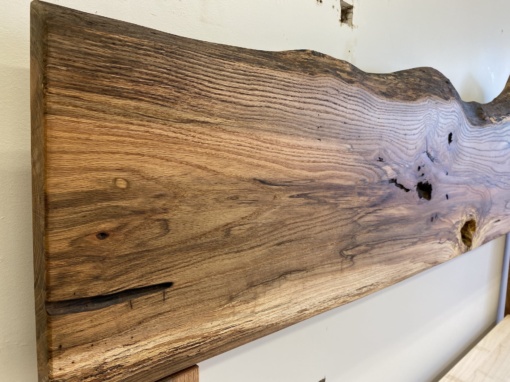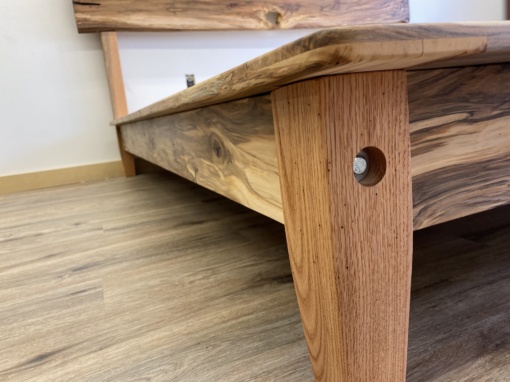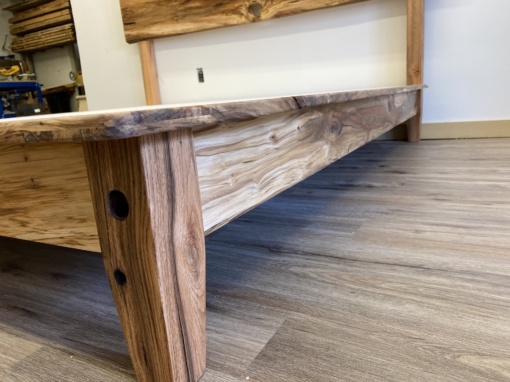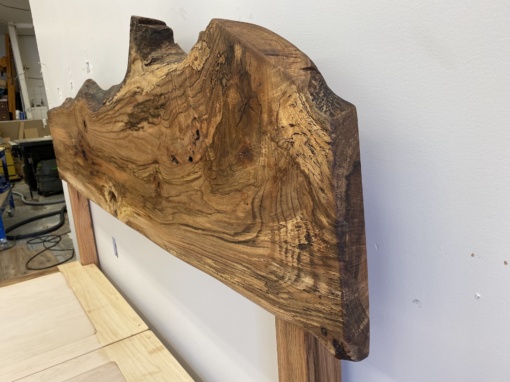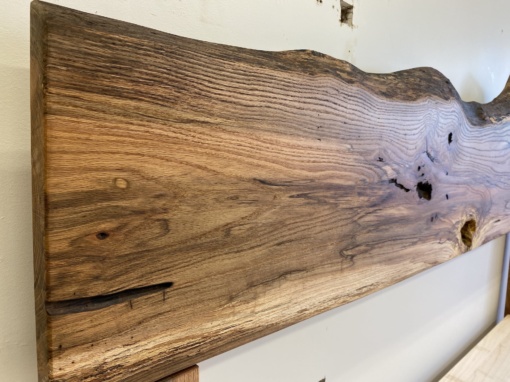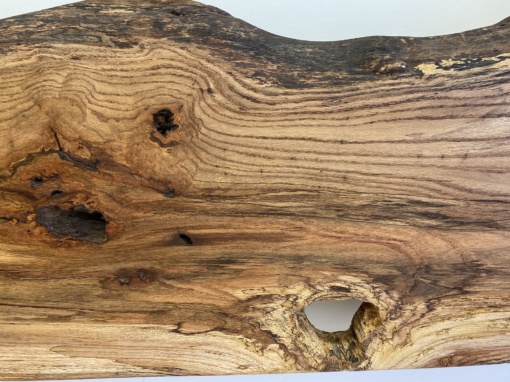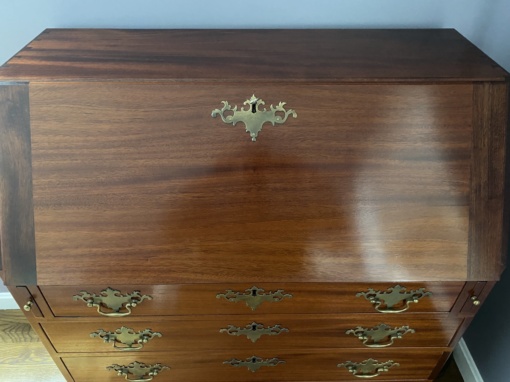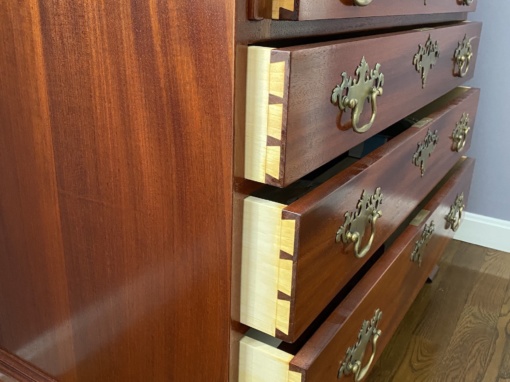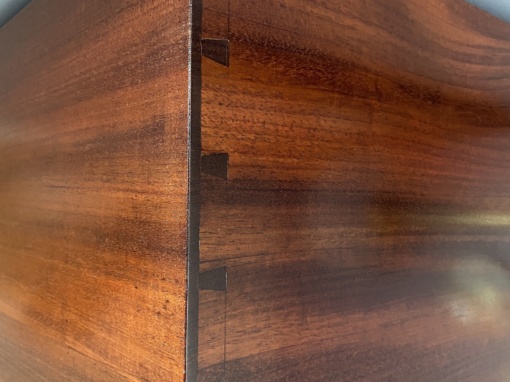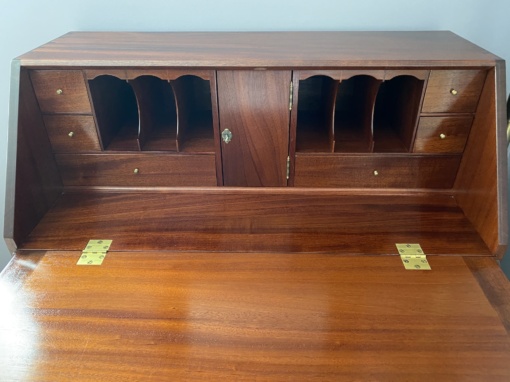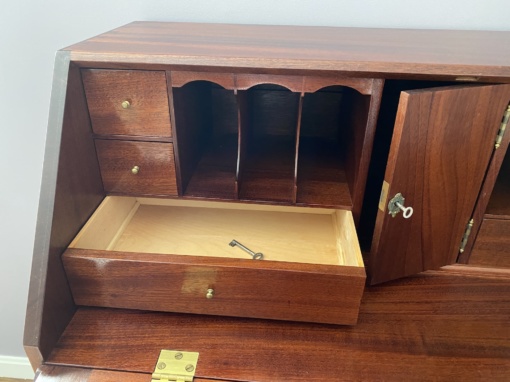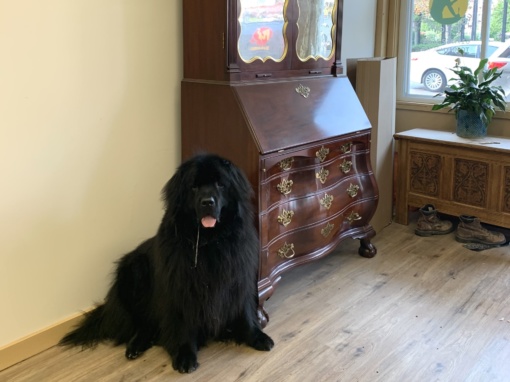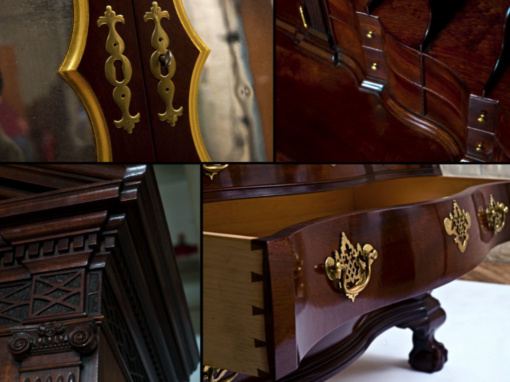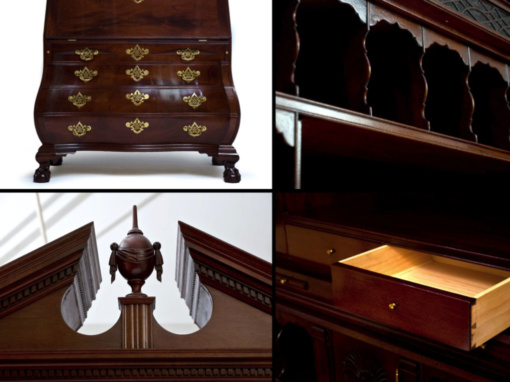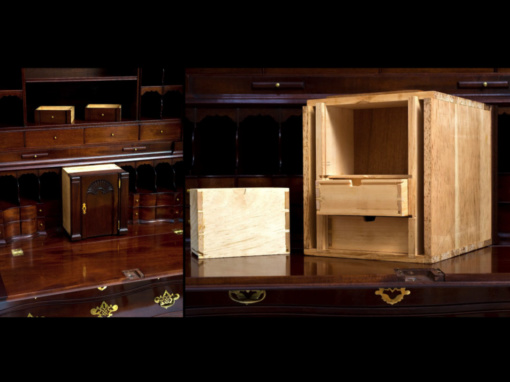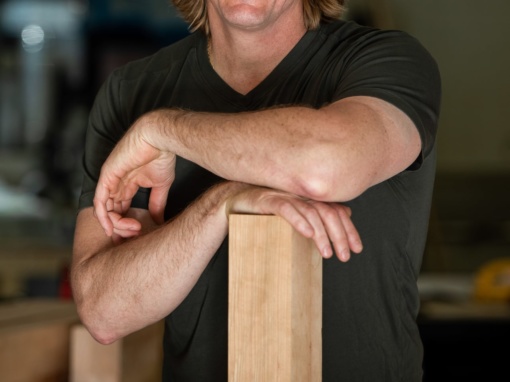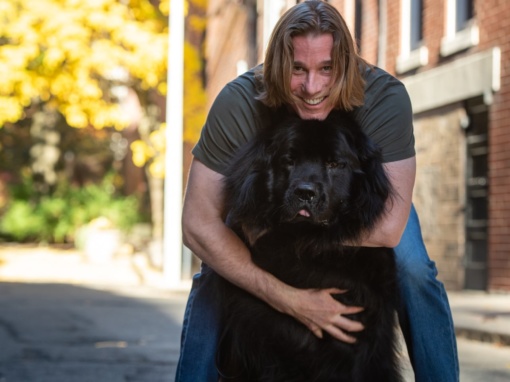 It may be nice conditions for a snowy walk, but freezing temps, high winds and snow conditions can lead to wintertime power outages. Here’s how to stay safe in those situations. |
Losing power in the dead of winter can be panic inducing, and rightfully so. All the more reason to have a plan, share it with the whole family, and stick to it. Doing so will help prevent a worse situation like CO poisoning or house fires.
Here are the Do’s and Don’ts when the power goes out in the Winter.
Do
1. Check the electric panel for a blown circuit. Simple problem, simple solution.
2. Check to see if power is out in the whole neighborhood. If it is, call the utility company immediately so they can get you in their queue.
3. Stay informed by tuning into a battery-powered radio or television.
4. Bundle up. Dress in layers and break out the extra blankets. Keep a hat on, since most of your body heat is released through your head.
5. Heat the home with wood, if you have a wood stove or fireplace.
6. Control the heat. Close doors that lead to rooms that don’t need to be heated.
7. Take a shower. If you or a family member needs a quick warm-up, take a warm shower to get the body core temperature up. Just remember that you have a limited supply of warm water.
8. Eat. Doing so will keep the body temperature up. Just don’t overdo it.
9. Move to the basement. If power remains out for a long time or the upstairs and first floor get too cold, move the family to the basement where the temperature stays more regulated.
Don’t
1. Call 911 unless you have a real emergency.
2. Go in and out frequently. Depending on your home’s insulation and sealing, it will retain heat for 8 hours or more. But you’ll lose that heat every time you open exterior doors.
3. Open the fridge or freezer unnecessarily. Doing so will only speed up the spoiling process.
4. Use kerosene, grills or other outdoor heating devices indoors. You’ll create toxic fumes or carbon monoxide, which can cause serious injury or death.
5. Use candles for light. You’ll increase your risk of starting a house fire. Instead, stick to flashlights.
6. Keep major appliances plugged in. They can create a surge when the power comes back on, damaging the more sensitive appliances or equipment.
7. Go out for a drive unless absolutely necessary. Down power lines, trees and dangerous road conditions will only increase the risk of an accident.
It’s important that every home have a disaster kit assembled and accessible in the event of power outage or natural disaster. Learn what should be in your disaster kit.


